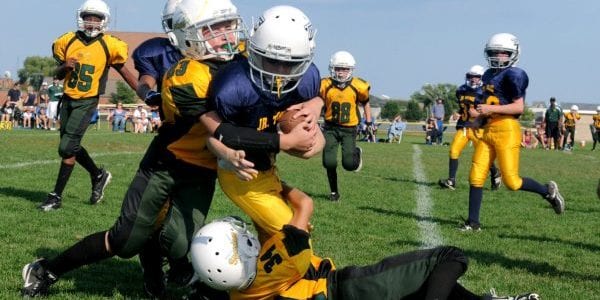
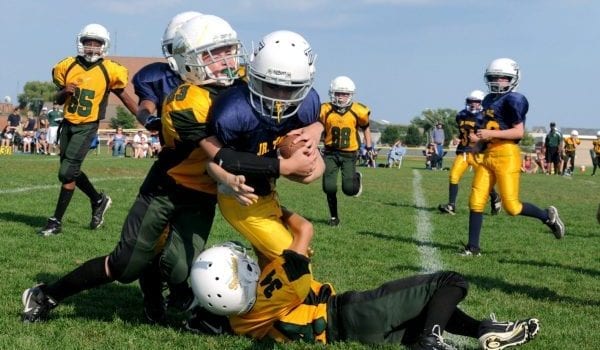
Help Prevent ACL Injuries in Football
CalHiSports InsightsLEVELUP INSIDERS September 6, 2013 Hunter Greene, M.D. 0

A torn ACL is one of the most serious injuries a football player can suffer. Besides having to possibly sit out the season, players may face loss of scholarship funding and long-term problems from the painful joint condition osteoarthritis.
Most ACL injuries do not occur from player-to-player contact. The most common causes of non-contact ACL injury include change of direction or cutting maneuvers combined with sudden stopping; landing awkwardly from a jump; or pivoting with the knee nearly fully extended when the foot is planted on the ground.
In working to prevent these injuries, talk with an athletic trainer, physical therapist or sports medicine specialist to identify and target weak muscle areas (e.g., weak hips, which leads to knock-kneed landing positions) and identify ways to improve strength.
They can also assess other risk factors, such as hamstring strength and joint range of motion.
_______________________________
CONNECT WITH US:
Follow SportStars on Twitter & Instagram | Like us on Facebook | Subscribe!
_______________________________
Though ACL injuries are not entirely preventable, athletes can reduce their risk by maintaining general health and fitness all year round. Coaches and trainers may work with players on the following approaches:
INCREASE STRENGTH — When muscles surrounding the legs are strong, the ligament gets an extra level of protection.
IMPROVE FLEXIBILITY — Dynamic stretching helps improve range of motion of the leg muscles.
INCREASE PROPRIOCEPTION (BALANCE) — The one-legged squat and reach is a great example to improve balance.
INCLUDE PLYOMETRICS — Plyometric exercises such as single leg hops over a cone and scissor jumps help improve power. Be sure to perform exercises on a soft surface.
INCLUDE AGILITY TRAINING — Focus on drills involving changes in direction.
FOLLOW FOOTBALL-SPECIFIC CONDITIONING — Practice movements, forms and techniques, such as proper pivoting, specific to your sport.

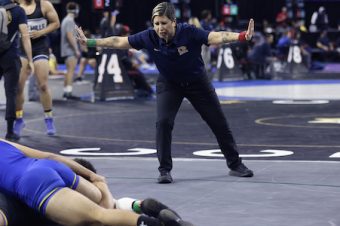
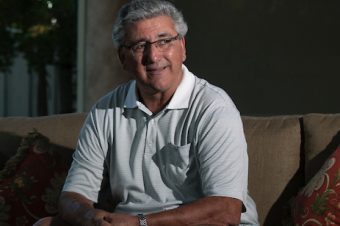
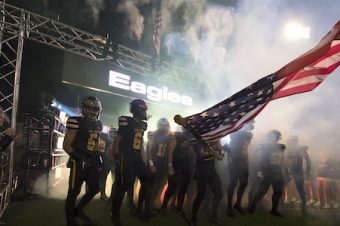

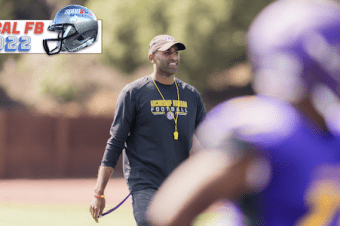
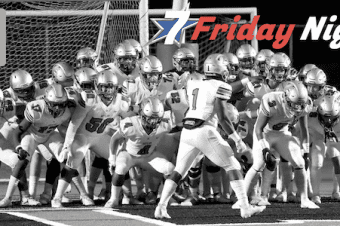
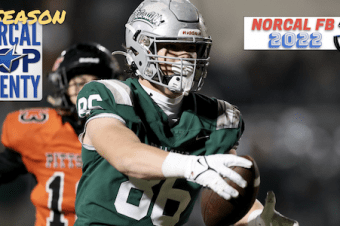
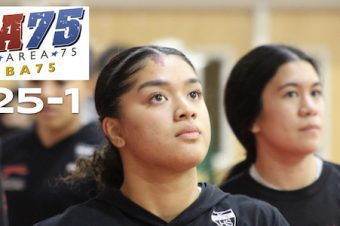

No comments so far.
Be first to leave comment below.